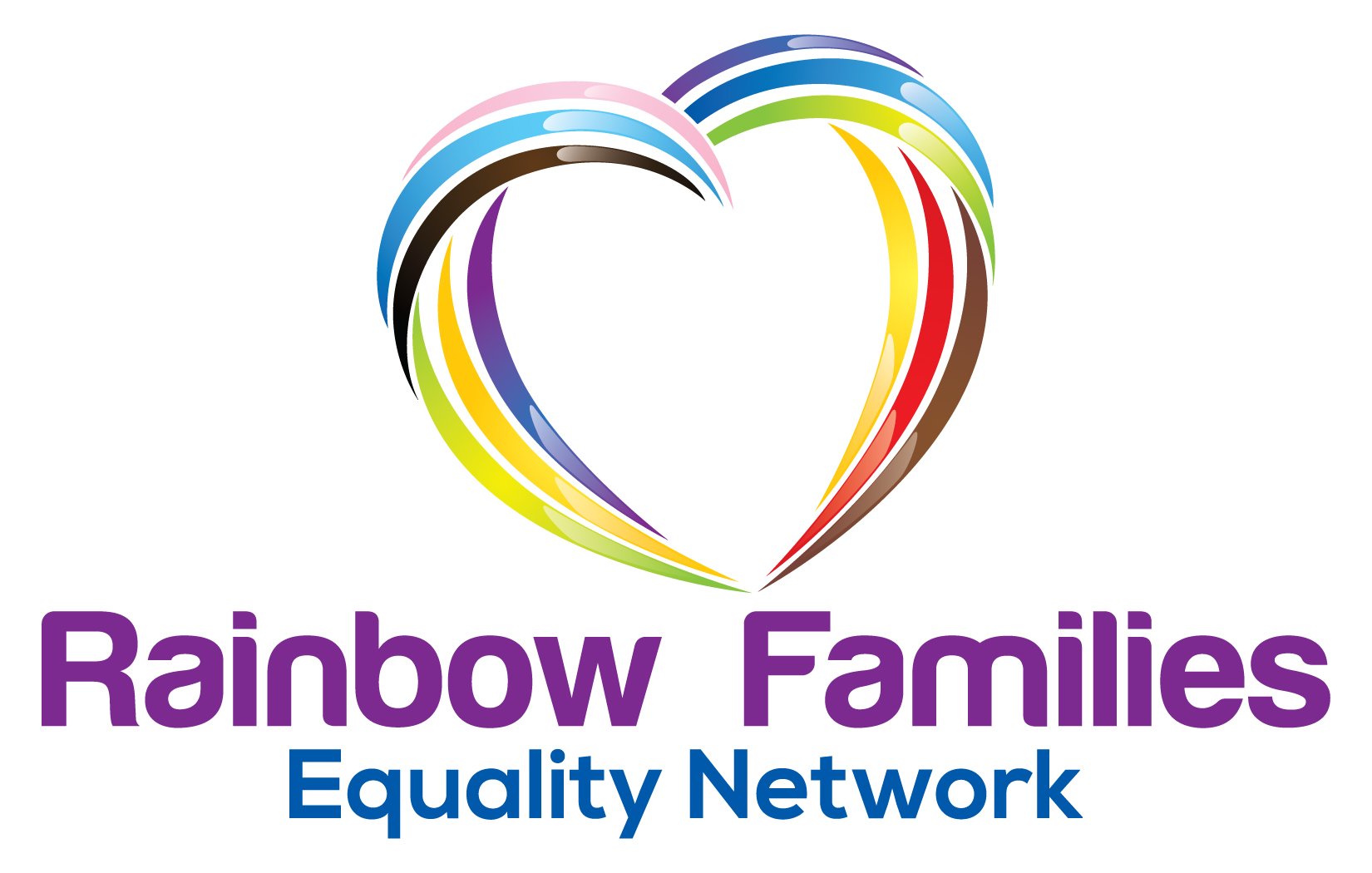RFEN Home Insemination
This content is provided for information purposes only and is not legal advice. If you are unsure as to the legal status or benefit of any actions or have a complex situation that is not addressed here, please contact a Solicitor if you have access to one or contact FLAC www.flac.ie who may be able to assist you. Information last updated July 2020.
Home insemination using donor sperm, whether known (friend, relative, etc.) or unknown (traceable or anonymous via a sperm bank) has been and may continue to be a common pathway to parenthood for many same sex couples where one partner carries the child through pregnancy.
Unfortunately, the Children and Family Relationships Act 2015 does not recognise this type of conception regardless of whether a known, traceable or anonymous donor was used.
Also, since the signing of the commencement order for parts 2 &3 of the CFRA, it is understood that a number of sperm banks that used to be available to private individuals for the purchase of samples, are no longer delivering to private addresses and will only release samples to fertility clinics where delivery is to Ireland.
Why is Home Insemination excluded?
There are a number of reasons for the exclusion of home insemination, one of which is that the CFRA 2015 is focussed on the clinic setting which allows for certain documents to be generated which are required for the recognition of parentage under that Act e.g. records of consents, records of the procedure actually performed, etc. Also, the CFRA directly regulates clinic facilities and imposes requirements which could never be imposed on a person’s home.
The main reason for the exclusion of home insemination however appears to be a Supreme Court judgment from 2009 which recognised a ‘known donor’ as having the same parental rights as any other natural father in circumstances where a child is conceived via ‘home-insemination’. This also recognises that the child has rights with respect to the recognition of the donor as their father.
What can we do going forward?
In the absence of direct legal recognition, such families may choose to consider obtaining guardianship as a means to protect the family relationship.
Going forward, it is hoped that throughout the legislative process around the Assisted Human Reproduction Bill 2017 (AHR Bill), that recognition of children born through home insemination can be sought alongside areas such as surrogacy. This is an issue on which RFEN is committed to campaigning for in future legislation.
